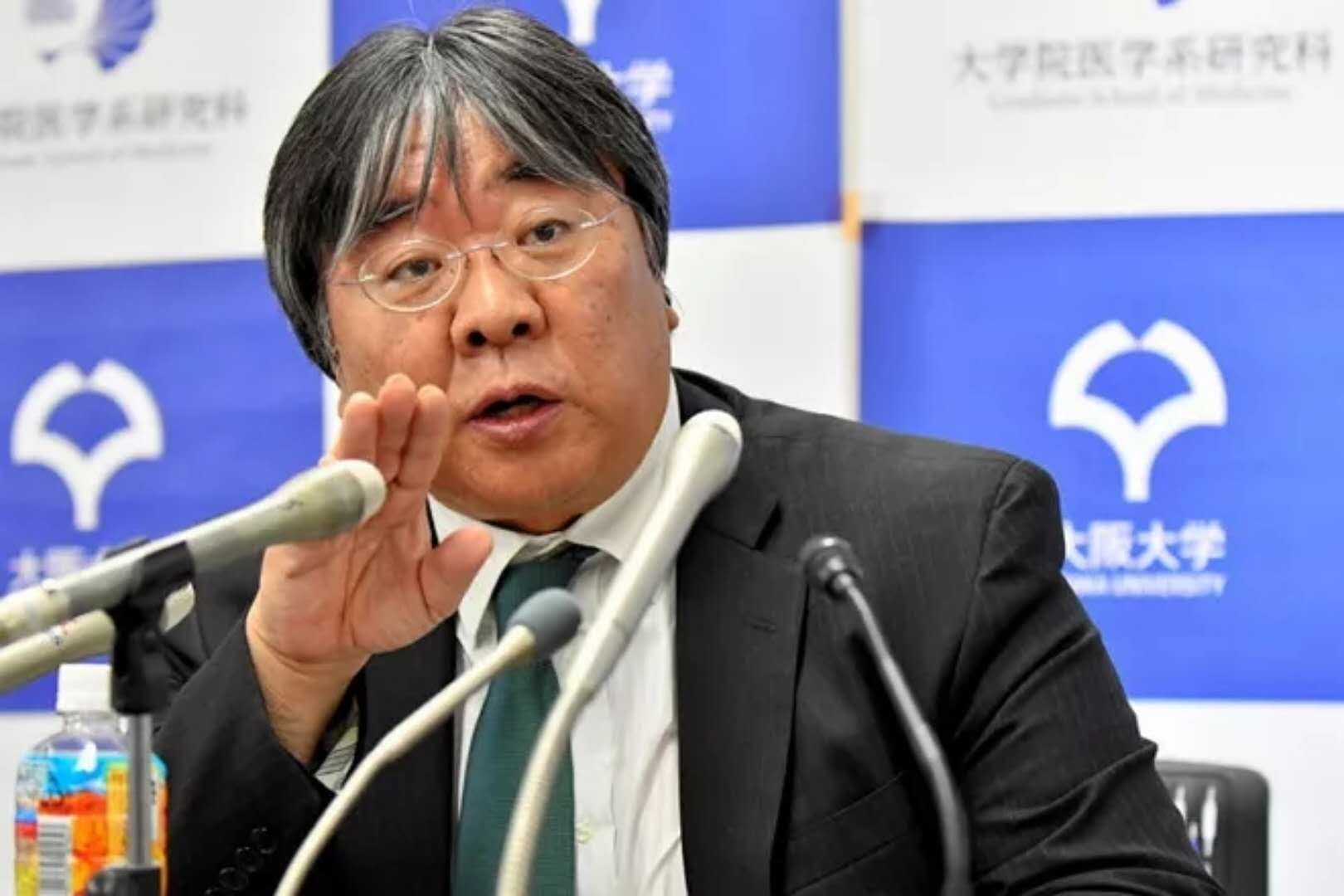Light up the "green light"! Japanese scientists plan to treat heart disease with iPSCs
May 31, 2018 Source: Biological Exploration of: Flora
Window._bd_share_config={ "common":{ "bdSnsKey":{ },"bdText":"","bdMini":"2","bdMiniList":false,"bdPic":"","bdStyle":" 0","bdSize":"16"},"share":{ }};with(document)0[(getElementsByTagName('head')[0]||body).appendChild(createElement('script')) .src='http://bdimg.share.baidu.com/static/api/js/share.js?v=89860593.js?cdnversion='+~(-new Date()/36e5)];On May 29th, in a journal published in the journal Nature, entitled 'Reprogrammed' stem cells approved to mend human hearts for the first time, Japanese scientists were approved by the Ministry of Health for the first time. Sexually competent stem cells (iPSCs) treat heart disease. This is the second clinical application of iPSCs following macular degeneration.

At a press conference in Tokyo, cardiac surgeon Yoshiki Sawa announced plans to use induced pluripotent stem cells to treat heart disease. (Source: Asahi Shimbun via Getty Images)
Induced pluripotent stem cells (iPSCs) are cell types similar to embryonic stem cells (ESCs) developed by the Yamaguchi Shinya team of scientists at Kyoto University, Japan. Since its inception in 2006, iPSCs have been recognized as a new force in regenerative medicine, avoiding the ethical concerns of embryonic stem cells and reducing the risk of immune rejection.
In 2014, the team of clinical researcher Masayo Takahashi of the Institute of Physical Chemistry of Japan (RIKEN) successfully used age-related induced pluripotent stem cells to treat age-related macular degeneration (an eye disease). However, due to safety issues, the trial was suspended after completing the first case. In 2017, the RIKEN Institute reinvented and initiated clinical trials based on allogeneic iPSCs for the treatment of macular degeneration.
Now, the Yoshiki Sawa team of heart surgeons at Osaka University, based on 15 years of research, plans to use this revolutionary cell reprogramming technology to treat heart disease. On May 16, the Japanese Ministry of Health opened a “green light†to approve the transplantation of wafer-thin sheets of tissue from iPSCs to the damaged heart.
01.iPSCs repair damaged heart
The Yoshiki Sawa team constructed a sheet of 100 million cardiomyocytes using induced pluripotent stem cells. In the previous study, they transplanted this cell sheet (0.1 mm thick and 4 cm long) into the heart of the pig and confirmed that these pluripotent stem cells can improve the function of the heart.
However, these exogenous cells do not appear to be integrated into the original heart tissue. Instead, they release growth factors and promote the regeneration of damaged myocardium.
The team believes that one of the advantages of cell sheets is the ability to build their own cell matrix and maintain its structure, eliminating the need for additional scaffolds.
02. Japan's fast track
It is reported that the approved clinical trial will be carried out in 2019, and three patients are expected to receive treatment. After that, the Yoshiki Sawa team will continue to apply to expand the clinical trial scale to 7-10 people. If proven safe, this therapy will enter commercial sales under the fast-track system for regenerative medicine in Japan.
This fast-track system was launched in 2014 to accelerate the availability of life-saving therapies. But critics say the system is flawed because it allows treatment to be commercialized to patients before they have yet to obtain sufficiently effective and safe data.
03. Peer review
Thomas Eschenhagen, a pharmacologist at the University of Hamburg in Germany and chairman of the German Cardiovascular Research Center, believes that this attempt will attract worldwide attention. Philippe Menasché, a cardiac surgeon at the Georges Pompidou European Hospital in Paris, also affirmed the treatment as a very clever way to deliver cells.
Pharmacologist Wolfram-Hubertus Zimmermann of the Göttingen Medical Center in Germany is also trying to treat heart disease with iPSCs. He said the groping led researchers to bypass costly large-scale clinical trials and to demonstrate the safety and efficacy of the therapy based on small-scale clinical trials.
04. Regulatory issues
However, some researchers believe that the threshold for granting new treatments to enter the market is too low. Although these cells are found to be safe, there are still many risks. Ethicists and supervisors emphasize that the benefits of any new treatment must outweigh the disadvantages.
Yoshiki Yui, a cardiologist at Kyoto University in Japan, said that in addition to meeting safety requirements, researchers need to confirm the effectiveness of cell therapy, which requires more extensive clinical validation. In addition, he believes that the review process also needs to refer to randomized, controlled clinical trials, which is the gold standard for validating efficacy in medical research.
Yoshiki Yui also pointed out that the biggest problem is that Japan lacks a sufficiently comprehensive review system. iPSCs therapy has great potential, but under the current approval system, “we are not clear whether it is effective†because there is no controlled trial.
However, a spokesperson for the Japanese Ministry of Health told Nature that the current approval system is sufficient, because even if it has been approved for commercial use, researchers still need to confirm the effectiveness of the treatment.
Yoshiki Sawa also believes that the control group test proved to be important for the effectiveness of the therapy, but he pointed out that he followed the rules that he did not need to do so before being approved. The approval of the Ministry of Health recognizes that the therapy is “reasonable in science and ethics†and can be tested on patients. "It's really safe and effective, we have to find the answer now." Yoshiki Sawa replied.
References: 1) 'Reprogrammed' stem cells approved to mend human hearts for the first time
Rechargeable Solar Camera,Night Vision Monitor,Solar Cctv Camera,Wireless Security Camera
Shenzhen Zuomi Technology Co., Ltd. , https://www.zuomicamera.com